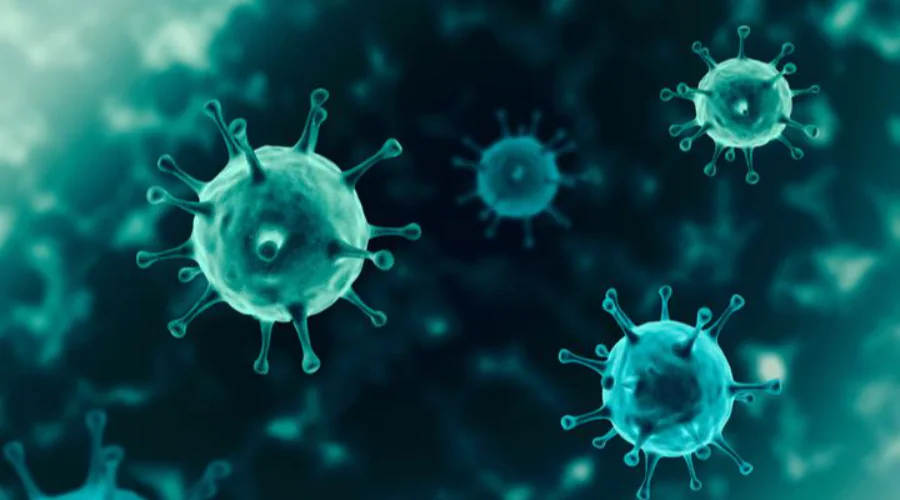
- 07 Feb
- 2022
Ilustrasi gambar (Shutterstock)
UM Surabaya Faculty of Medicine Lecturer Asks People Not to Take Omicron for granted
After the Delta variant which spread throughout the world including in Indonesia, there is currently a new variant of Covid-19, namely the B.1.1.529 variant which is called Omicron. This variant has at least 30 amino acid substitutions or changes, three delegations and one small insertion. Mutations in this variant can affect diagnostic tests (target S genes) with faster transmission power, and decreased antibody neutralization power.
Dr. Mohammad Subkhan UM Surabaya Health Specialist and lecturer at the Faculty of Medicine (FK) pulmonary specialist said that epidemiological studies of the omicron variant are rapidly replacing the Delta variant as the dominating variant in a country. A study from the University of Hong Kong by Chi-Wai et al.
“The Omicron variant has the ability to replicate 70 times faster in airway cells than the Delta variant. This variant must be watched out for because it has a high number of mutations, including the spike protein, and has the potential to have the ability to evade the immune system better and the transmission rate is faster than the previous variant," said Subkhan Monday (7/2/22).
Subkhan emphasized that there are three important things that need to be further studied regarding the Omicron variant, namely the transmission rate, the severity of the incident, the administration and effectiveness of the vaccine. In addition to faster replication in airway cells, a study by Chi-Wai et al also showed that the Omicron variant replicated 10 times slower than the Delta variant in lung parenchyma cells.
“This may reflect the severity of Covid-19 due to the Omicron variant which is more than the Delta variant. Even so, it should be remembered that the severity of Covid-19 is not only determined by the rate of virus replication, but also by other factors, such as the host's immune response," Subkhan added in a written statement.
He further explained that the diagnosis of Covid-19 with RT PCR is used for primary diagnosis. As for detecting Omicron variants, RTPCR-SGTF and Whole Genome Sequencing are the gold standards.
“Rapid antigen is reported to still be used. The handling of patients with the Omicron variant is not much different from the previous variants, including treatment in the isolation room, administration of medications in the form of vitamins, antioxidants, anti-virals, symptomatic according to symptoms, and intensive care according to the degree of severity," he explained.
At the end of his statement, he stressed that a highly contagious variant like Omicron, although it causes a milder illness, and not many cases require a ventilator or intensive care, the large number of cases that occur risks triggering a failure of the health care system. WHO also emphasizes that mortality from Covid-19 is also determined by the ability of health facilities to deal with Covid-19. Mortality due to the Omicron variant remains potentially high if the number of Covid-19 patients increases due to the higher rate of transmission, so this needs to be watched out for.
"The Covid-19 pandemic is not over, don't underestimate the Omicron variant, keep implementing health protocols," he said.










(0) Comments